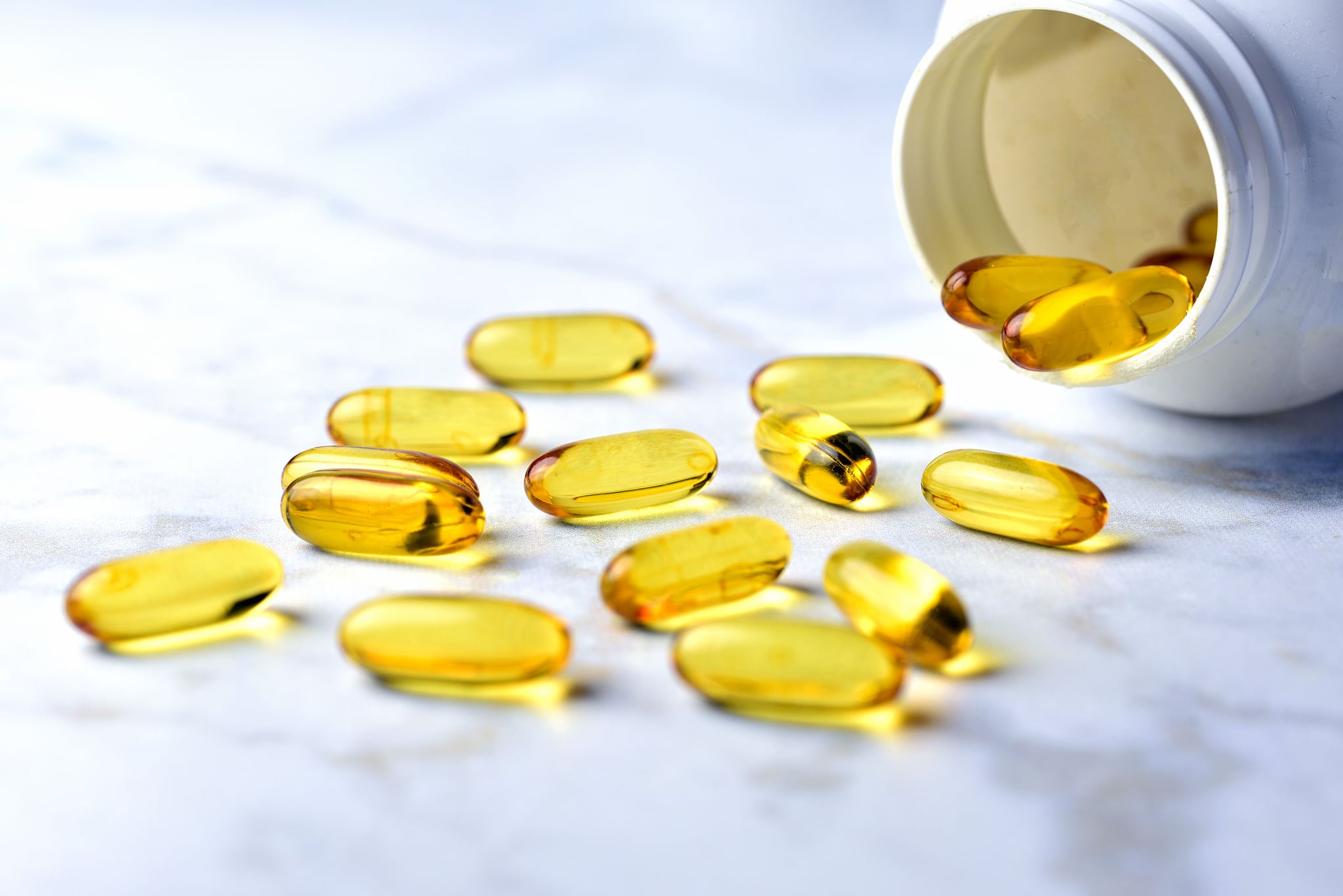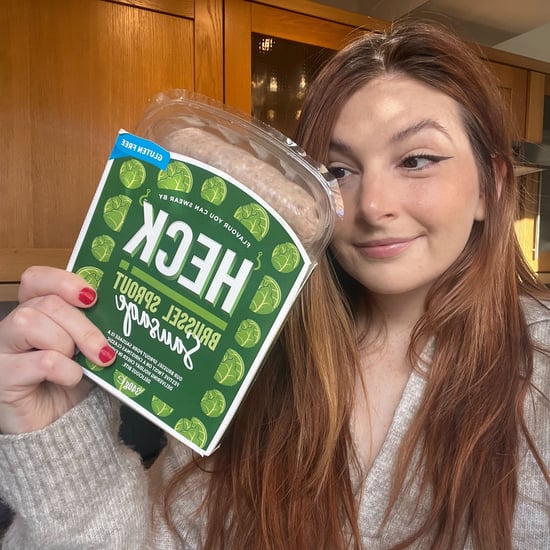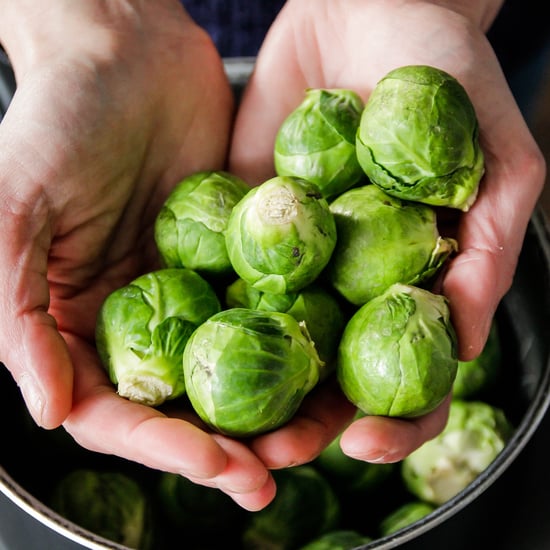Do I Need to Take a Fish Oil Supplement?
If I Don't Eat Fish, Do I Still Need to Take a Fish Oil Supplement?

I overheard someone at my gym complaining about an injury and their buddy asked, "Are you taking fish oil for the inflammation?" I don't eat fish and don't take fish oil supplements, but that made me think to myself — is taking fish oil supplements a must?
What Are the Benefits of Taking Fish Oil Supplements?
Fish oil is high in omega-3 healthy fats which can reduce inflammation and help with joint pain, help with heart health, and increase good cholesterol, said registered dietitian Leslie Langevin, MS, author of The Anti-Inflammatory Kitchen Cookbook. Omega-3s can also prevent certain types of cancer such as breast cancer, help with depression, and a reduced risk of Alzheimer's disease.
Does Everyone Need to Take Fish Oil Supplements?
"Not everyone needs to take it," Leslie said. Eating two four-ounce servings a week, and eating plant-based omega-3s like flax and chia seeds can help you meet your omega-3 goals without taking a fish oil. If a person doesn't eat fish, Leslie said that taking a fish oil supplement can be an effective way to help increase omega-3 fatty acids in the diet. Leslie warned, "We never recommend taking more than 3,000 milligrams without talking to your doctor since it can thin your blood."
Do Vegetarians Need to Take Fish Oil Supplements?
What if you don't eat fish and won't take fish oil? While flax seeds, chia seeds, walnuts, and hemp hearts do offer omega-3s, Leslie explained that they offer ALAs (alpha-linolenic acid) which are found in plant sources, but our bodies need to convert them into EPA (eicosapentaenoic acid) and DHA (docosahexaenoic acid) in order to use them. "When we consume flax or chia we get ALA which is a wasteful conversion to get to DHA and EPA. So you need extensively more ALAs in your diet to meet the same efficacy of DHA- and EHA-containing foods or supplements."
For vegetarians and vegans Leslie recommends "algae oil [also known as algal oil] plus dietary flax and chia." Algae oil is derived from marine algae and has the active forms DHA and EPA that our bodies use and are also the types of omega-3s found in fish. The National Institutes of Health recommends women 19 to 50 years old get 1.1 grams of omega-3s per day, and two soft gels of this Nordic Naturals Algae oil offers 7.5 grams. Couple that with an ounce of ground flaxseed or half an ounce of hemp hearts and you've reached your daily goal.
Try to Eat Your Omega-3s!\
Leslie said to always try to get your nutrients through diet first as opposed to supplements, unless absolutely necessary. Try adding algae oil or ground flaxseed to smoothies, have a chia seed pudding or add chia and ground flax to baked goods, like these lemon blueberry protein muffins and vegan "buttermilk" pancakes.
If you eat eggs Leslie said to try omega-3 eggs, which provide an active form of DHA, offering about 200 milligrams per egg since the hens are fed flax — "they convert the ALA to DHA for us through the egg."
Can You Overdose on Omega-3s?
What's great about getting your omega-3s through diet is that Leslie said you can't overdose, like you can with supplements. While eating fish twice a week to get your fill of omega-3s is recommended, she said "you could do fish every day if it was low-mercury, small fish (cod, salmon, trout), not canned tuna or large fish."






